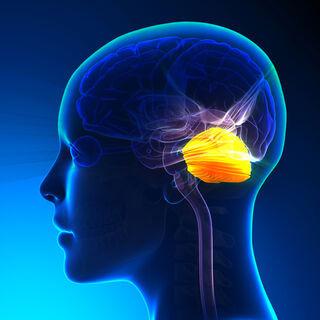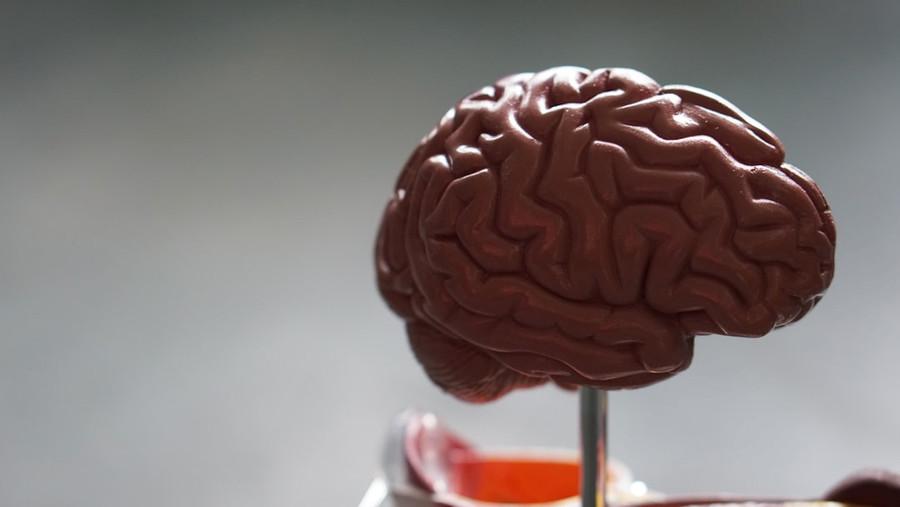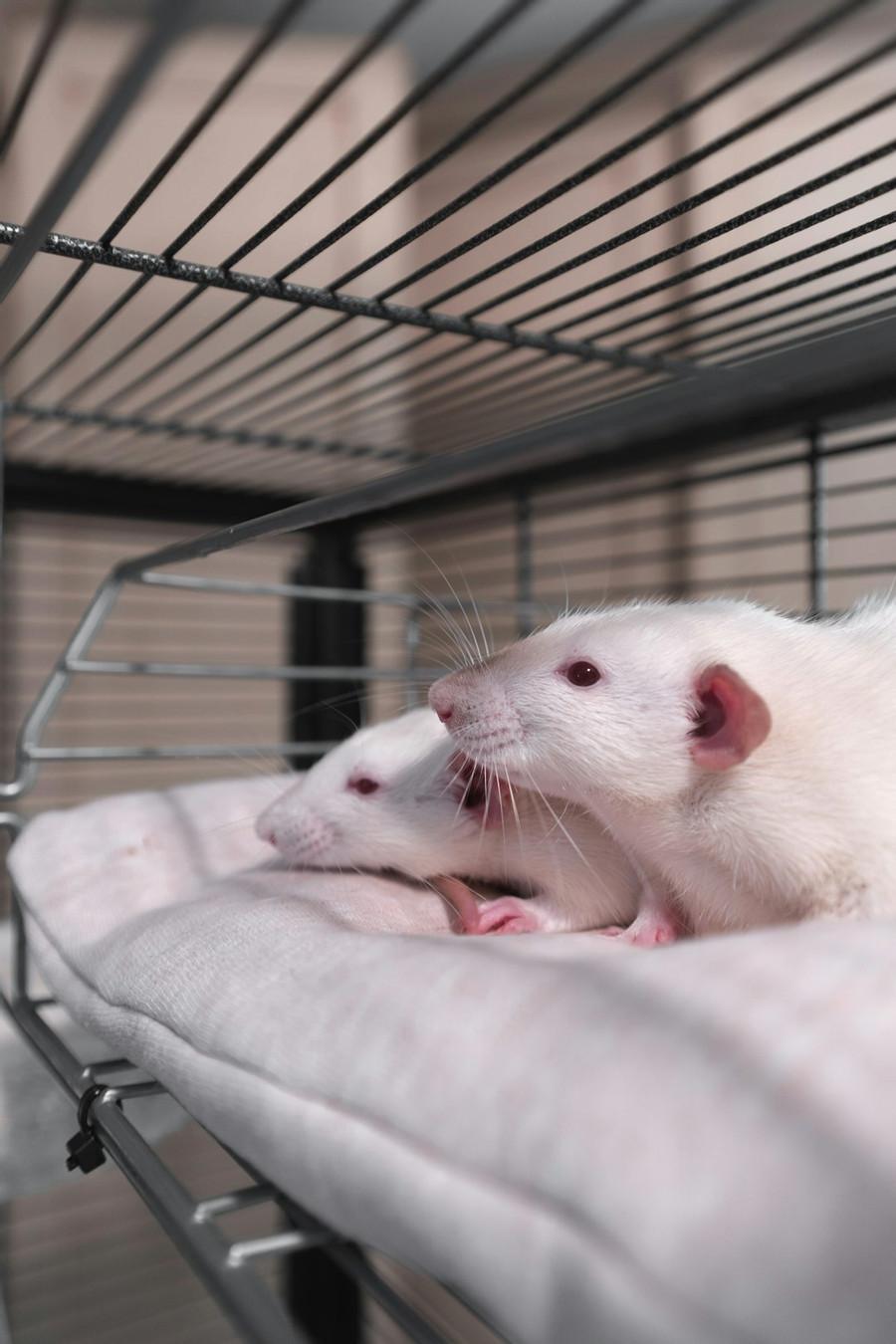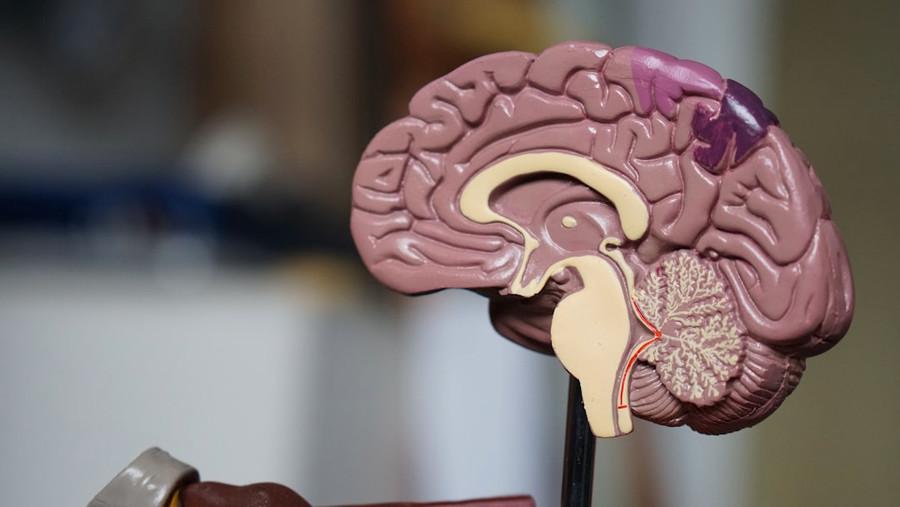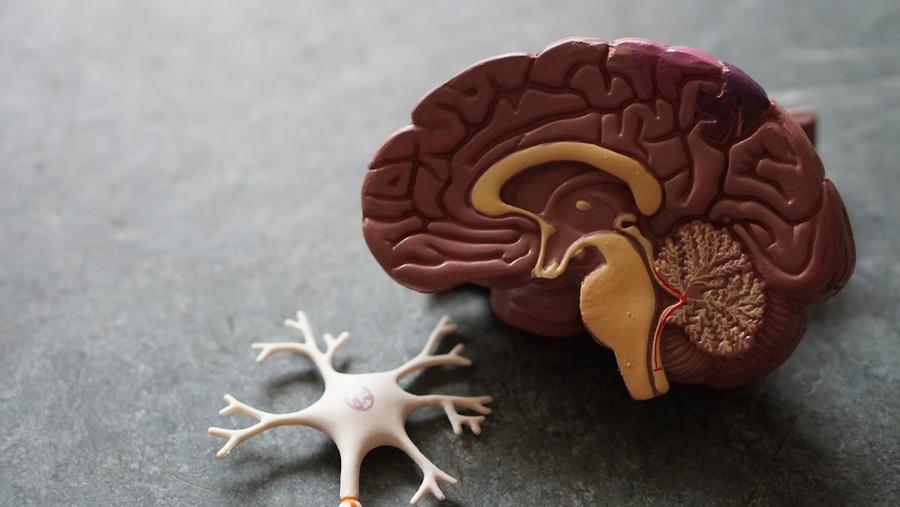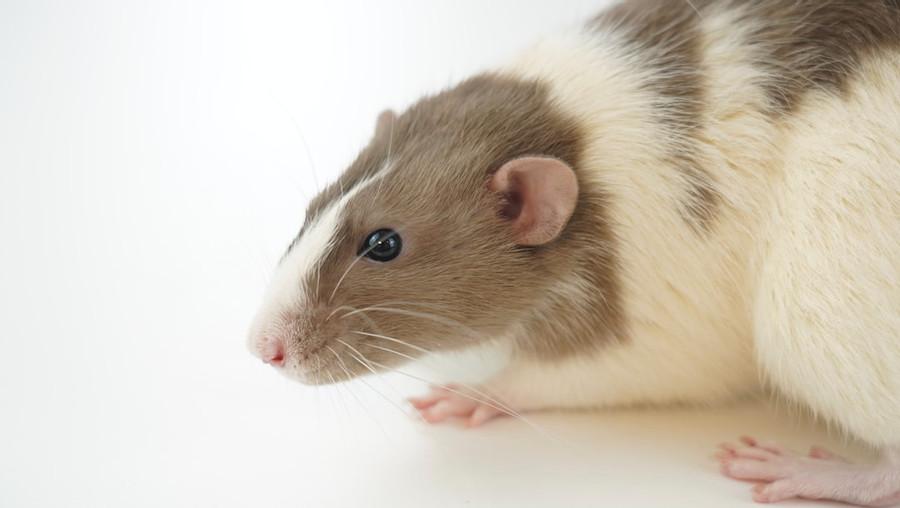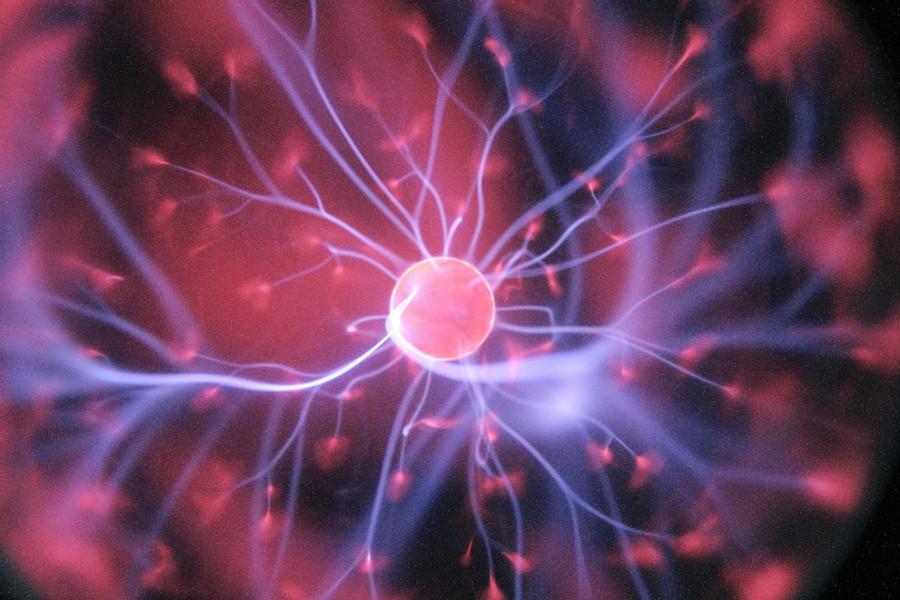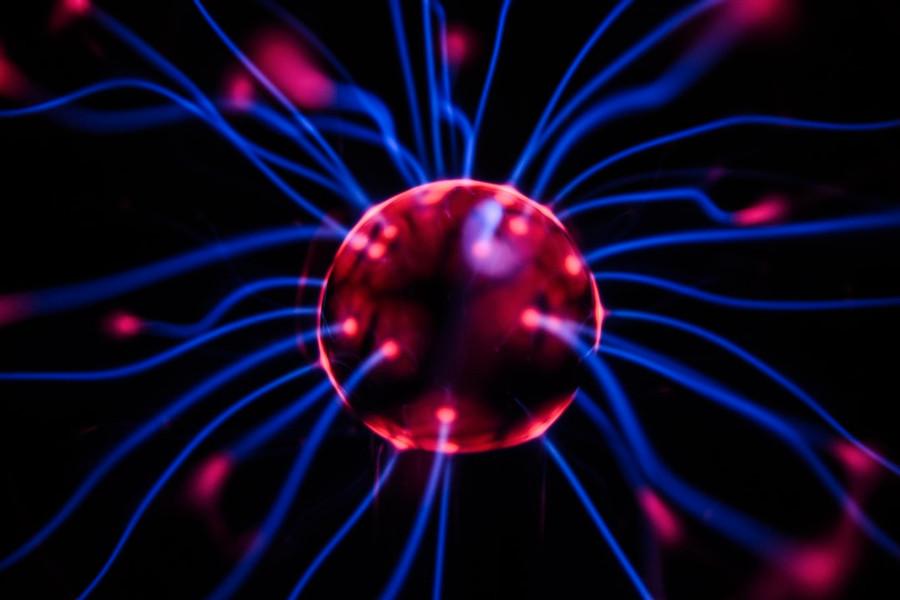The Neuroscience of Fear-Induced “Freeze” Responses
Curated from: psychologytoday.com
Ideas, facts & insights covering these topics:
11 ideas
·1.54K reads
6
1
Explore the World's Best Ideas
Join today and uncover 100+ curated journeys from 50+ topics. Unlock access to our mobile app with extensive features.
Key Points
- A well-functioning cerebellum coordinates fluid movements and calibrates freeze responses as part of the brain's survival network
- If freezing in place is a good survival strategy, the cerebellum automatically initiates a quick, momentary freeze response
- If the cerebellum dysfunctions in fearful situations, freeze responses last too long and cause immobility akin to crippling anxiety
20
287 reads
Research
Neuroscientists at the University of Bristol have discovered fear mechanisms rooted in the cerebellum that could lead to new anti-anxiety medications and treatments for post-traumatic stress disorder a.k.a PTSD (Paci et al., 2022 )
18
194 reads
"These findings show that the cerebellum is a part of the brain's survival network which regulates fear-memory processes. [This study] raises the possibility that disruption of the cerebellum might underlie anxiety and other fear-related disorders, thereby providing a new target for future therapies."
PACI ET AL., 2022
18
189 reads
Research in Rats
In animal experiments using fear-conditioned rats, Paci et al. (2022) found that the cerebellum modulates how another brain area called the periaqueductal gray (PAG) triggers automatic defensive behaviors such as freezing in place during times of perceived danger.
19
143 reads
Impact of Findings
This research increases our understanding of how survival networks rooted in subcortical brain areas cause the body to automatically freeze in response to fear. When the cerebellum is functioning well, a momentary freeze response promotes survival. However, Paci et al. (2022) found that when cerebellar functions were disrupted , the animals used in this study were paralyzed by fear.
18
152 reads
What Does the Cerebellum Do?
The cerebellum coordinates fluid motor movements in sports and daily life. It also coordinates our thoughts, as well as coordinating our movements. As part of a survival network, it facilitates gracefully taking flight, fighting it out with well-coordinated muscle movements, or freezing in place for just long enough to plot your next move.
20
119 reads
Methodology
For their recent study, Paci et al. (2022) encoded a fear memory by pairing a mild electric foot shock with an audible tone. Once their lab rats were conditioned to fear the auditory tone by itself, they implanted electrodes to monitor neuronal activity within the PAG. When the rats heard the fear-conditioned tone, it triggered a momentary freeze response, and specific neurons in the PAG simultaneously "lit up."
19
84 reads
As Part of a Survival Network, the Cerebellum and PAG Coordinate Perfectly-Timed "Freeze" Responses
Notably, when a rat's cerebellum was functioning properly, the freeze response was brief and didn't stop an animal in its tracks for too long.
However, Paci et al. (2022) found that when the cerebellum's ability to communicate with the PAG was blocked, freeze responses went into overdrive and became exaggerated. Instead of freezing momentarily, hearing the fear-conditioned tone immobilized the animals for an extended period of time.
19
88 reads
Findings
The findings suggest that the cerebellum plays a crucial role in coordinating perfectly-timed behavioral responses to threatening stimuli. But cerebellar dysfunctions can cause havoc with perfectly-timed freeze responses. Without a well-functioning cerebellum, the freeze response lasts too long.
Paci et al. (2022)'s research sheds light on why crippling anxiety is so immobilizing and may provide a new target for anxiolytic medications.
20
82 reads
"Until now, little was understood about how the cerebellum modulates neuronal activity in other brain regions, especially those related to fear and anxiety"
PACI ET AL. (2022)
18
108 reads
"Importantly, our results show that the cerebellum is part of the brain's survival network that regulates fear memory processes at multiple timescales and in multiple ways; raising the possibility that dysfunctional interactions in the brain's cerebellar-survival network may underlie fear-related disorders and comorbidities"
PACI ET AL. (2022)
18
100 reads
IDEAS CURATED BY
CURATOR'S NOTE
New research on fear-induced "freeze" responses
“
Ethan 's ideas are part of this journey:
Learn more about psychology with this collection
Practicing empathy in relationships and communication
Understanding the importance of balance in personal and professional life
Defining your path in life
Related collections
Similar ideas
3 ideas
Paralysed with fear: why do we freeze when frightened?
theconversation.com
6 ideas
What Is Consciousness?
scientificamerican.com
1 idea
Brain Basics: Know Your Brain
ninds.nih.gov
Read & Learn
20x Faster
without
deepstash
with
deepstash
with
deepstash
Personalized microlearning
—
100+ Learning Journeys
—
Access to 200,000+ ideas
—
Access to the mobile app
—
Unlimited idea saving
—
—
Unlimited history
—
—
Unlimited listening to ideas
—
—
Downloading & offline access
—
—
Supercharge your mind with one idea per day
Enter your email and spend 1 minute every day to learn something new.
I agree to receive email updates

